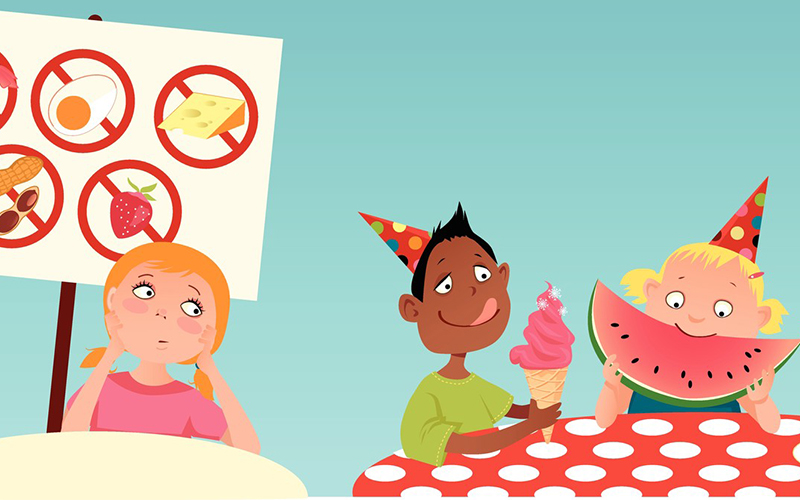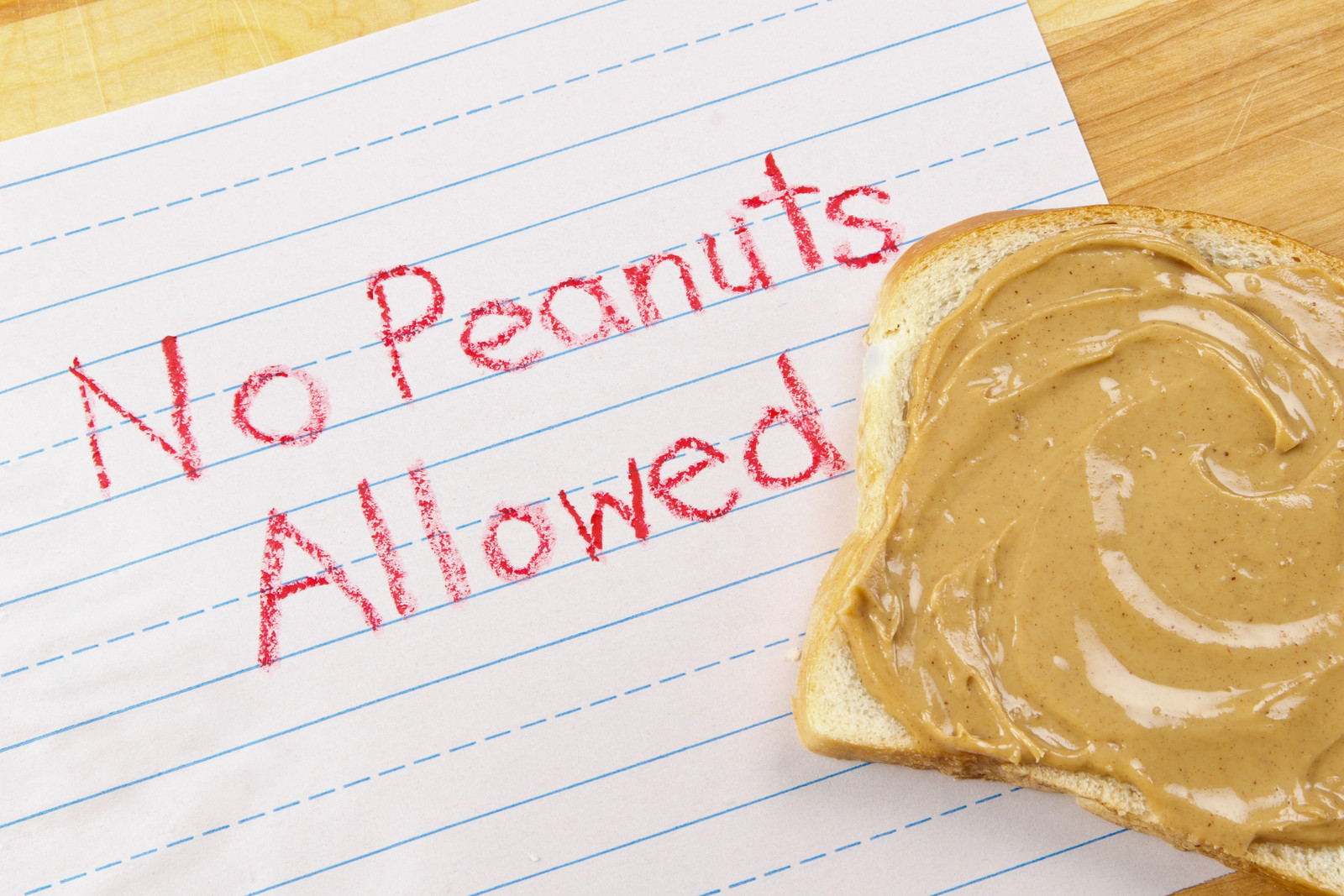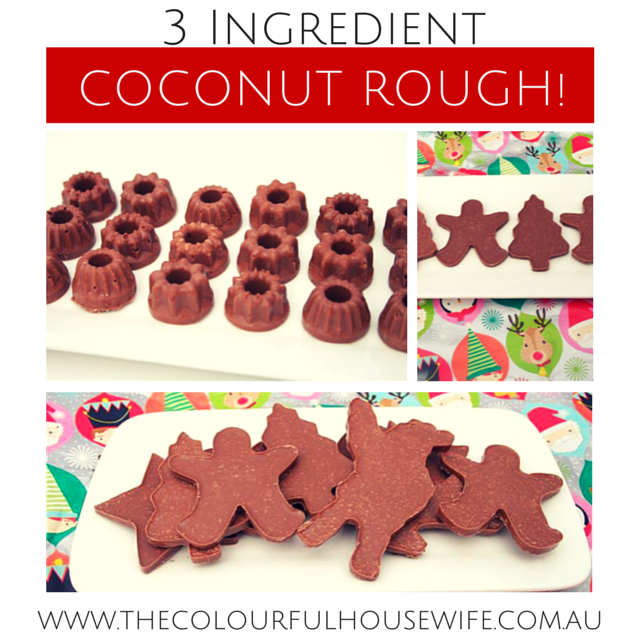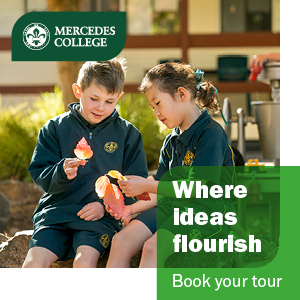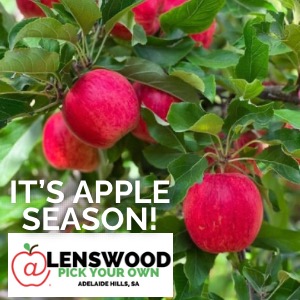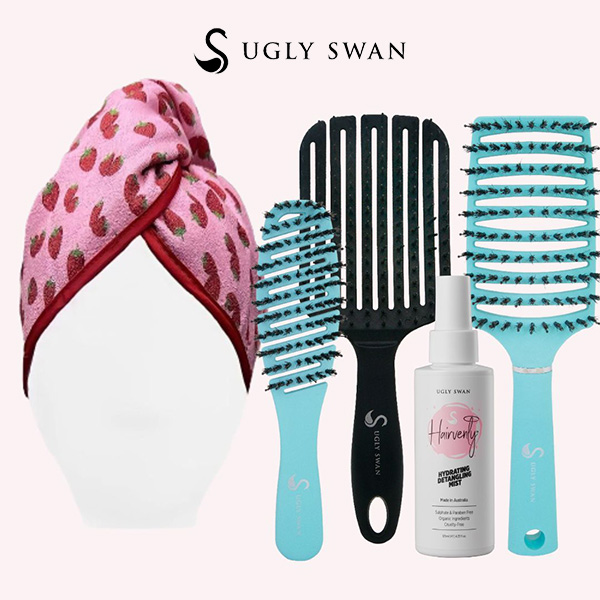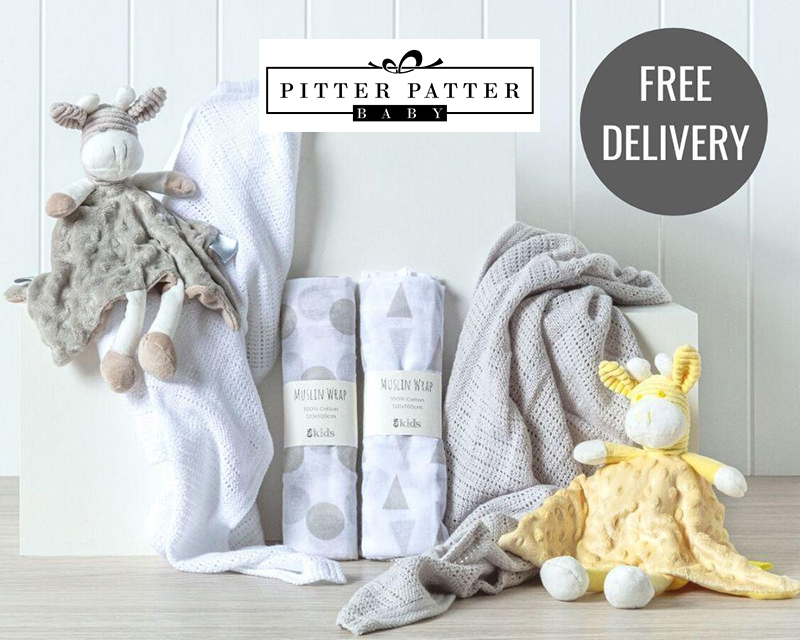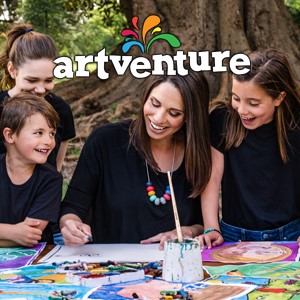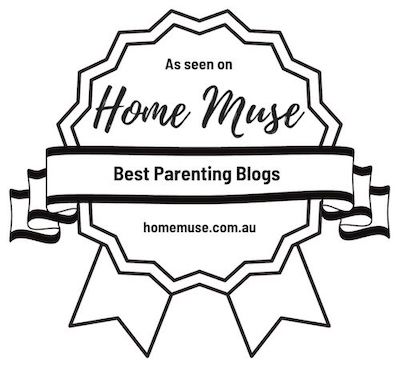1 in 10 children born in Australia will be diagnosed with a food allergy. This statistic astounds me. It means that in a class of 25, 2-3 children on average will have a food allergy. So, if your child does not have a food allergy, you can fairly safely assume that at some point they will have a friend or classmate that does. They might want to invite that child over for a playdate or to their birthday party… so, what can you teach your child to help keep their friend safe? What do you need to know to help the child (and their parents) feel comfortable and safe at your house? And importantly what strategies can you adopt to help relieve any uncertainties and anxieties that you may have? This article will help to answer some of those questions to ensure a safe and fun playdate or party is set up where everyone has a blast.
Kids love nothing better than an invite to a playdate or birthday party, the excitement on their face is a beautiful thing to watch! Let me assure you that for the vast majority of children with allergies, the excitement is not over the party food or afternoon tea that might be provided. It’s over the invite itself, the chance to have fun, play with their friend/s and be included.
Let’s start with the fact that your child has a friend/classmate with allergies.
How can you help your child understand what allergies are and how they can help keep their friend safe?
Firstly, if you understand what allergies are you will be in a better place to help your child understand them on a very basic level. A great place to start would be to read the first article I wrote for Kids in Adelaide which covers this information and can be found here https://kidsinadelaide.com.au/allergies-what-are-they-exactly/. I have found that in today’s world children are very accepting of allergies and with, the right guidance can develop some very useful strategies to help their friends stay safe. The strategies make up the “Be a Mate” campaign run be Allergy and Anaphylaxis Australia and are very simple:
- Don’t share food
- Wash hands after eating
- Be aware of what your friend is allergic to
- If your friend tells you they are having a reaction, go and get an adult
These strategies are very powerful if started early because they become the “norm” for all children rather than creating the feeling of having to act differently around certain children.
The tricky thing with allergies is that they are not “one size fits all.” Allergens differ, reactions differ and the way that the child’s family manage them in different situations can differ. However, let me reassure you that it is not up to you as a playdate or party host to have all the answers, how can you? But, by following the simple suggestions below you will have all the right answers to create a safe and fun environment for the children.
Open communication is key. Remember these families have usually “been there done that before.” From an early age, they will have started developing strategies for to keep their child safe in most situations. Every parent is an expert on THEIR child so ask the parents what you need to know. I always feel more confident leaving my son when the host has asked questions or enquired how they can help make him feel comfortable. It shows an awareness and empathy and this is always so appreciated. A few good questions to get the conversation started are:
- Would the parents prefer to stay for part or all of the play/party? Like all children this will depend on the age of the child and how well the child knows you. However, for children with allergies this will also depend on the level of independence they have with their allergies and the type of allergies the child has. Sometime the child will feel happiest if their “safe person” stays even for a part of the play.
- What have the parent’s found works best for managing food for their child when having a playdate? I usually say my son is the easiest playdate ever, he comes with his own food and usually food to share. As mentioned before the play is NOT about the food. Sometimes children with allergies will be fed prior to arrival (a safety strategy), sometimes they will decline food offered to them (a self-imposed safety strategy), usually they will come with some safe snacks that they prefer to eat. By talking to the child’s parents, you will understand what works best for their child depending on the stage they are at. Don’t be concerned if a child with allergies doesn’t eat at your house during a short play, they may already be full or it may take them a few visits to feel safe to eat. Either way, it’s ok. Children with allergies have often developed their own safety mechanisms that will develop and evolve with age.
- Is there any safe food that you can provide? Whilst my son always comes with his own bag of snacks I understand that hosts often want to offer something. Good options to offer are safe fruits. Ask if a specific brand of food is required as ingredients in a simple cracker vary widely. Remember, it is ok to ask the parents to bring safe food for their child if they haven’t already offered. It is also ok if the parent or child politely decline your offer to provide food. Sometimes this is due to safety or to save you the bother when they know their child is going through a stage of not eating when away from their “safe person”. I have previously been in the situation of wonderful supportive hosts going out of their way to cater for my son, only to have him not eat anything! This is no one’s fault…. I couldn’t tell my son off for following what was his safety mechanism when away from his “safe person” at the time. I could only express how appreciative I was of the effort that the host had gone to. If you provide food, keep it simple.
- What is their action plan? Ask the parent to run through the child’s action plan with you, including symptoms and what to do about them. Make sure you have the best phone number to reach the parent on if they are leaving. Hopefully it is unlikely that you will need to use this information, however it is reassuring for the parent and yourself that you know what to do. Make sure the action plan and medication (anti-histamine and EpiPen) are left in a place that you are aware of. Remember EpiPen’s go with the child if you go out and should be kept at room temperature (don’t leave them in the car). If you ask for this information it is so appreciated. An allergy parent understands that EpiPen’s can be intimidating (they are for us too) but it’s amazing how knowing and understanding the simple concepts relieve anxiety of the unknown.
- Parties? All of the above applies for parties. Again, there is usually a strategy to deal with each situation. Keep those lines of communication with the parents open. If the party is to be catered for, ask the parent to liaise with the people catering. There will be questions only they can answer and everyone will feel more comfortable if the parent is the one answering them. If the party is at home ask what works best for their child. Usually this involves bringing a box of party food/cake and perhaps adding a few safe bits from the party table at the beginning before cross-contamination happens. When they arrive offer to explain the food if needed and if you have kept any packaging for ingredients the parents will love you! Often you will find that an allergy parent will stay with their child at a party beyond the age that other parents do. Reassure them that they are welcome. Accept help from them during the party as it helps them stay in the background if their child is a little older and doesn’t want Mum or Dad hovering. And let’s be honest who doesn’t love an extra pair of hands at a party?
Every child wants to feel safe, have fun with their friends and be included. A child with allergies is no different. In today’s world, where allergies are one of the fastest growing chronic conditions in Australia, everyone (including children) should have a basic understanding of what they are (see my previous Kids in Adelaide article). You can help your child understand how to help their friend with allergies by “being a mate.” Remember that every parent is an expert on THEIR child. By keeping the lines of communication open and being guided by the parents it is easy to have a safe and fun play with a child with allergies. In fact, if they bring their own food it maybe one of the easiest playdates you have ever hosted!
Medical disclaimer: this article was written for information and education purposes only and is not intended to be a substitute for professional medical advice, diagnosis, or treatment. Always seek the advice of your physician or other qualified health provider with any questions you may have regarding a medical condition. Never disregard professional medical advice or delay seeking it because of something you have read in this article.







![Party-Web-Banner-[970x150]](https://kidsinadelaide.com.au/wp-content/uploads/2024/04/Party-Web-Banner-970x150-1.gif)
